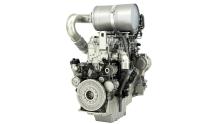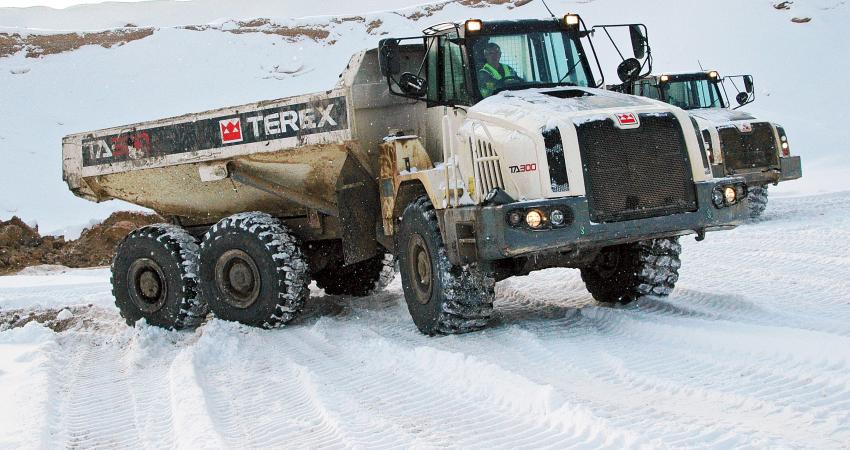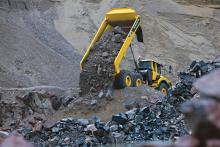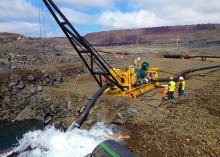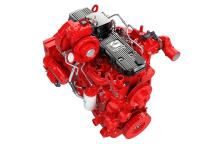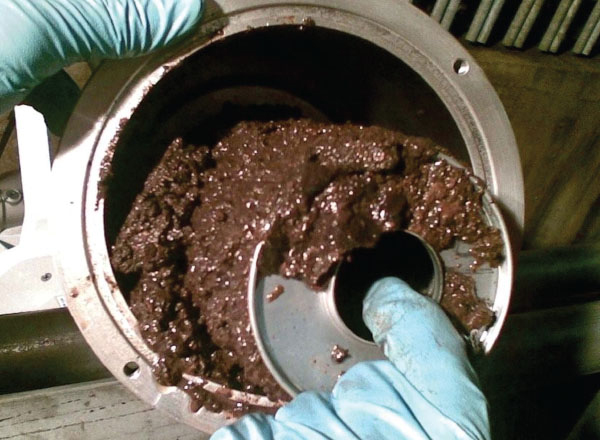
New legislation has changed fuel specifications as well as engine emission requirements this year. ABE talks to Richard Massara about the implications of the changes
While the latest Stage IIIB engines mean that on site maintenance routines for newer equipment need to be changed, new fuel specifications mean that management of fuel has to change for all machines. The European standard for gas oil - EN590 - changed at the start of the year in order to comply with the Renewable Energy and Fuel Quality Directives.
This means fuels now must be low sulphur and have a 7% biodiesel blend and is sometimes referred to as B7 or 7% FAME (Fatty Acid Methyl Esters). While this may not seem like a major change, it means that extra care is needed when it comes to fuel usage, vehicles and storage
"Biodiesel is less potent than its mineral equivalent, so unless your engine has been specifically tuned, it will have to work harder to achieve the same power output; this may lead to higher fuel consumption," explained filter manufacturer Separ's Richard Massara. "Lower sulphur means potentially higher engine wear and more frequent oil changes; you will need to service your vehicles more often." There is also an issue with shelf life - where mineral fuels remain in specification for six to 12 months, pure biodiesel only lasts for six to 12 weeks. Blending of fuel will extend this, but a shorter life is certain. Bio blends are less stable than mineral fuels and should not be kept long term. If untended, EN590 should be turned over every three to six months, otherwise the fuel degrades and a build up of fatty acids form a substance not too dissimilar to lard
Water issues
Biodiesel is 'hygroscopic' and absorbs up to 1500ppm of water from the atmosphere but 200ppm is the maximum allowed. High water content increases the fuel's acidity causing some gaskets and hoses to erode.
Moreover, common rail engines have internal pressures in excess of 3000bar, but it's impossible to compress water to that level, resulting in injector wear leading to poor efficiency and higher fuel use or injector destruction, which can lead to engine failure and a large repair bill.
"Bacteria adore biodiesel as a food source, and live in the higher water content," explained Massara. "The bacterial infection and sludge that accompanies it, blocks pipes, filters and engines; stopping a vehicle from firing due to fuel starvation." The new fuel specification also has implications for working in severe weather conditions because biodiesel waxes at a temperature nearer to freezing than the mineral equivalent.
Certain metals - such as copper and brass - can also catalyse fuel degradation
According to Masarra, older vehicles are a mixed blessing. "The lower pressures of their engines mean they are actually slightly more resistant to fuel contamination," he said. "However it is probable their fuel systems are not designed with biodiesel blends in mind
"This means you must ensure all gaskets are made from a resistant material such as Viton or a modern HNBR mix. Also ensure you have a decent primary fuel filter/water separator in the fuel line as your first, best line of defence. Keeping the water and bacterial content out in this way is the safest method of using EN590. More modern common-rail vehicles definitely need extra protection, according to Masarra. "Traditional spin-on style filters are often not up to the job, so additional water separation and sludge removal techniques are needed," he said. "Many advanced filters utilise centrifugal technology as these tend to be the most reliable for EN590. Using the principle of 'drain not strain', these devices mechanically remove the contamination before the majority reaches any of the replaceable filters." This saves operating costs in the medium to long term and ensures the maximum level of protection.
"It is also advantageous to manage EN590 in storage tanks using a 'fuel polishing system'; these recirculating devices operate independently to the existing pipe work and ensure the fuel is kept in optimum condition, removing water, biomass and sediment before dispensing. Such housekeeping has become important to ensure on-site equipment is kept reliable
"Good fuel knowledge is vital to avoid breakdowns and as we all know, breakdowns don't just mean inconvenience they mean money down the drain."

